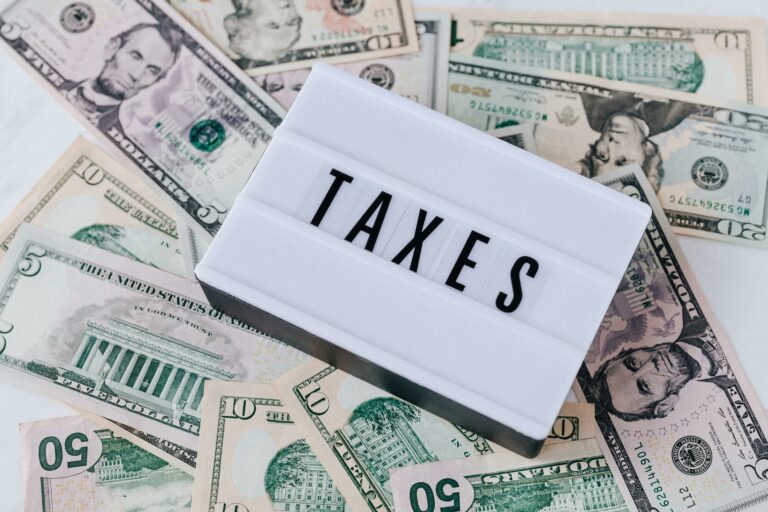
What Questions Should You Ask an Estate Planning Attorney?
Estate planning is not as simple as executing a will.

Estate planning is not as simple as executing a will.

Estate tax and inheritance tax significantly impact an estate’s value. Estate tax is levied on the estate’s total value at death before distribution to beneficiaries. In contrast, inheritance tax is imposed on the beneficiaries based on the value of assets received. Understanding these taxes is critical for effective estate planning…

Creating or reviewing an estate plan is something that many people know they should do but often put off. It’s natural to say things like: “I’ll take care of it later,” or “I don’t have enough money to have an estate plan.” However, life and circumstances happen that may be out of your control. Every adult needs…

Parents typically do not want their surviving children to fight over their inheritances after the parents die. Careful planning may reduce the risk of foreseeable in-family conflicts.

Appointing a guardian, establishing a pet trust and other ways to ensure your animals will be cared for.

It is paramount for parents to have an estate plan that not only takes care of their personal and financial matters but also addresses the well-being of their minor child or children. Delving into estate planning considerations can be overwhelming, especially when young children are involved. This guide will provide you with a comprehensive understanding of estate planning for minors. Estate Planning: Why Is It Essential for Parents with Young Children? Estate planning for parents with young children involves setting up mechanisms to ensure that, in the event both parents pass away, their children will…

In the contemporary world, digital assets have evolved to become an essential component of our lives. From emails and photos to online financial portfolios, these assets play a vital role and are of significant value. However, what happens to these assets when we are no longer around? Integrating digital assets in your estate planning is a step towards ensuring that these assets are managed and passed on according to one’s wishes. What is a Digital Asset? A digital asset is any content owned by an individual in digital form. This can include everything from email accounts and online accounts to…

Generational wealth is a topic of immense importance. It represents the financial legacy one generation leaves for the next, enabling families to build a stable foundation for their descendants. However, preserving this wealth for future generations requires careful planning and management. This article delves into the intricacies of preserving generational wealth and the strategies wealthy families employ to ensure that their assets last for generations. What Is Generational Wealth? Generational wealth refers to assets passed down from one generation to the next. This can include property, money, stocks, businesses and other valuable resources. Many wealthy families aim to grow their…

Navigating the intricacies of your financial legacy can be a daunting task. Understanding the nuances of the estate tax and implementing robust estate tax planning strategies can ensure that your beneficiaries enjoy the fruits of your labor without being overburdened by tax liabilities. What Is Estate Tax and Who Is Subject to Estate Tax? The estate tax, often called the death tax, is a tax levied on the total value of a person’s estate upon their death. If the estate exceeds certain thresholds, it becomes subject to federal estate tax, potentially diminishing the wealth passed on to heirs.

From the birth of a child to a newfound charitable drive, these are the instances in which an alteration to your estate plan is critical.